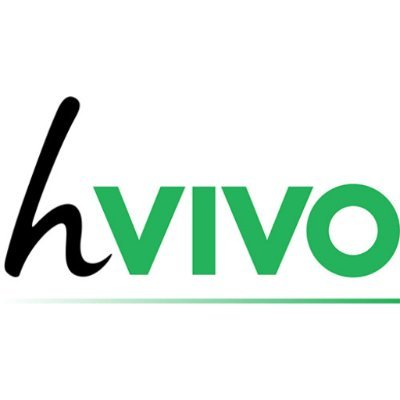People who haven’t had the opportunity to participate in a clinical trial often wonder about eligibility criteria. Each trial has its own goals and purposes, so the inclusion criteria vary. Many trials require participants with specific conditions, or of a certain age or gender.
This guide explains the criteria used when screening potential participants for clinical trials. It also details three common elements considered important: health status, age, and medical history. Additionally, it provides information on how to become a volunteer and participate in a clinical trial.
Every clinical trial has a set of rules called eligibility criteria, sometimes referred to as inclusion criteria. These criteria define the ideal candidate for the trial. During the screening process, researchers strictly ensure that every participant matches the eligibility criteria for the specific trial. There are also exclusion criteria, which may disqualify participants with certain co-occurring conditions or well-controlled diseases.
It is crucial to remember that clinical trial participants are volunteers. Even after being selected through the screening process, participants can still decide whether they want to proceed.
If you want to participate in a clinical trial, you need to understand the study’s criteria, which can differ from one trial to another. Here are the main factors to consider:
Your current health is a significant aspect. If you have existing conditions, you need to be aware of the potential interactions with medications you take. Trials may require participants with specific diseases, but having co-occurring conditions can increase the risk of adverse effects.
Your age is another important criterion. You can usually determine the age range required by looking at the study’s datasheet.
Your medical history is also essential. During screening, staff members will review your medical history to determine eligibility. It is advisable to discuss your medical history and potential risks with your doctor before enrolling in a clinical trial.
In addition to health, medical history, and age, other requirements must be met to participate in a clinical trial. These requirements remain active once the trial has started, such as adhering to the protocols described during the study’s initiation.
Informed consent is mandatory. You cannot participate in a clinical trial without giving informed consent, which means you have been given all the details to understand the trial fully and agree to participate. This is a legally binding contract, so read the document thoroughly.
Health screenings are part of the recruitment process. These screenings ensure you meet the criteria set out by the trial organisers and help detect any potential medical problems that might interfere with the study or increase the risk of side effects.
Adherence to protocols established at the start of the trial is also vital. This may include taking medication or using a medical device in a specific way, or making changes to your diet and activity level. Adhering to protocols ensures the accuracy of the data collected during the clinical trial.
Deciding whether to participate in a clinical trial depends on your preferences, so having as much information as possible is crucial. If you’re interested in a clinical trial, obtain brochures and research the drugs, procedures, or medical devices involved. Understanding the safety of the trial, potential side effects, design, and the benefits of your participation is essential.
Ultimately, you must make the decision. An informed choice will boost your confidence in evaluating a clinical trial and deciding whether to enrol. If you have any doubts, consult your healthcare provider for a better understanding of your qualification for the trial and potential risks.
The criteria for clinical trials vary, but there are common areas such as age, medical history, and health status that staff members use for screening participants. There are also specific requirements to follow during the trial. Volunteering is a valuable opportunity to contribute to the medical field, but ensure all your questions are answered. FluCamp can help identify suitable clinical trials and provide information before you decide to participate.
hVIVO plc (formerly Open Orphan plc), led by Cathal Friel, is a rapidly growing specialist contract research organisation (CRO) and the world leader in testing infectious and respiratory disease vaccines and antivirals using human challenge clinical trials, providing end-to-end early clinical development services for its broad and long-standing client base of biopharma companies.


